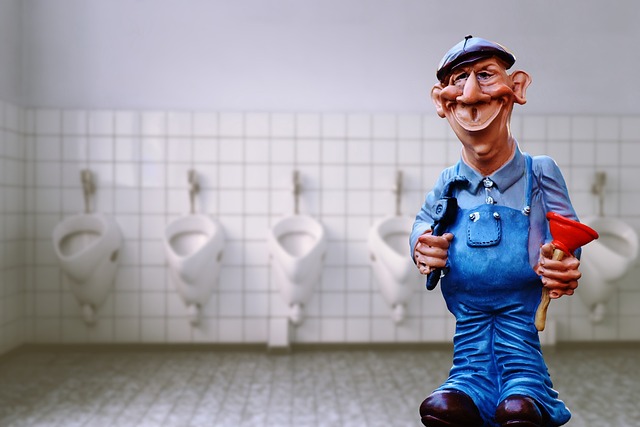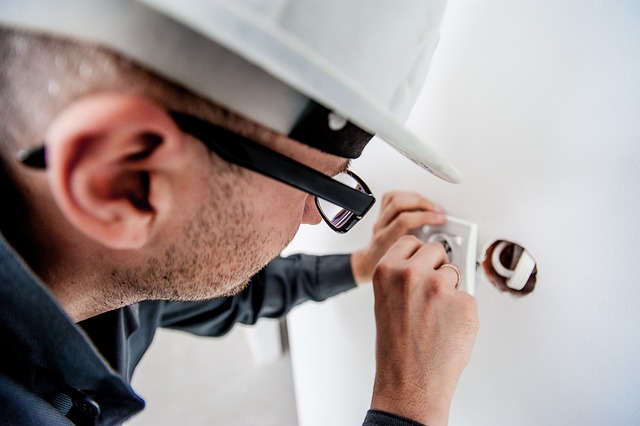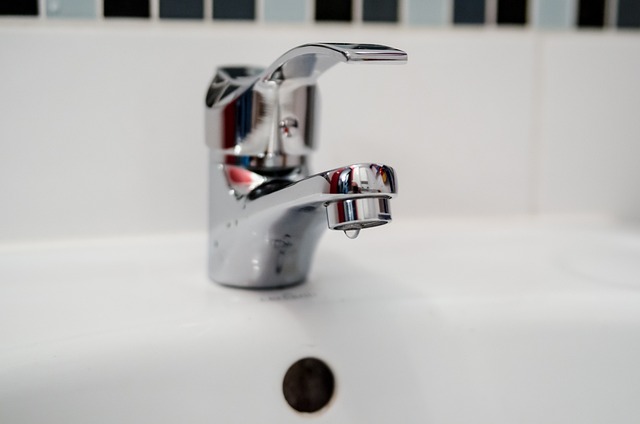When deciding between DIY plumbing and professional services, consider costs, time, and expertise. While simple repairs may seem cheaper initially, complex tasks can lead to hidden expenses and damage risks. DIY projects require specialized tools and knowledge, while professionals offer expertise and specialized tools for complex issues. The best choice depends on problem severity, personal skills, and desired convenience, with both options having pros and cons in the context of DIY vs. Professional Plumbing.
Is tackling plumbing jobs yourself really a cost-effective solution? While DIY plumbing can seem like an appealing way to save money, a thorough cost-benefit analysis reveals surprising insights. This article breaks down the expenses and considerations for both DIY plumbing projects and professional services. We’ll explore typical costs for common tasks, essential tools and skills required (along with potential risks), and compare labor rates. By understanding when DIY is feasible and when to hire professionals, you can make informed decisions for your plumbing needs, ensuring top-notch results at the best price.
- DIY Plumbing: Costs and Considerations
- – List of materials and tools needed for common plumbing tasks
- – Average costs of DIY plumbing projects (e.g., fixing a leaky faucet, unclogging drains)
DIY Plumbing: Costs and Considerations

When considering DIY plumbing, it’s crucial to weigh the potential cost savings against the time and expertise required. While some simple repairs like fixing a leaky faucet or unclogging a drain can be tackled by homeowners, more complex tasks often involve hidden expenses for tools, materials, and potential mistakes that could lead to further damage and costly repairs.
Comparing DIY plumbing to professional services reveals a nuanced picture. While professionals charge fees that cover their expertise, training, insurance, and overhead costs, DIY approaches may initially appear cheaper. However, factors like the need for specialized tools, unexpected parts replacements, or the risk of damaging pipes or fixtures can quickly escalate DIY projects, making them costlier than hiring licensed plumbers in the long run.
– List of materials and tools needed for common plumbing tasks

When considering DIY plumbing versus professional services, it’s crucial to understand what tools and materials are required for common tasks. For simple repairs like fixing a leaky faucet or unclogging a drain, the average DIYer will need a few essential items from their toolbox. This often includes a wrench set, pliers, a plunger, pipe compound, and replacement parts specific to the repair, such as O-rings or washers. These tools and supplies are readily available at home improvement stores and can be cost-effective for minor issues.
For more complex plumbing projects like installing new fixtures or rerouting pipes, the DIY approach may require a broader range of equipment. This could involve a saw for cutting pipes, various types of fittings, a soldering iron for copper piping, and potentially specialized tools for specific tasks. While these initial investments in tools can seem high, they are often reusable for future projects, making DIY plumbing an attractive option in terms of long-term cost savings compared to recurring professional service fees.
– Average costs of DIY plumbing projects (e.g., fixing a leaky faucet, unclogging drains)

Many homeowners opt for DIY plumbing projects, believing it’s an economical alternative to calling a professional plumber. However, the actual costs can vary significantly. Simple tasks like fixing a leaky faucet or unclogging drains might seem straightforward and inexpensive at first glance. On average, homeowners spend anywhere from $50 to $200 for these quick fixes, depending on the severity of the issue and their level of expertise. While this may appear cheaper than hiring a plumber, it’s essential to consider the time invested, tools required, and potential need for additional parts or supplies.
In contrast, professional plumbing services offer convenience and expertise. A typical call-out fee for a plumber ranges from $75 to $150, plus the cost of labor per hour, typically around $50-$100 per hour. While this may seem pricier than DIY, professional plumbers can handle complex issues more efficiently, minimizing downtime and potential damage. They also carry specialized tools and have in-depth knowledge, which can be particularly beneficial for challenging plumbing problems that require advanced techniques or specific parts.
While DIY plumbing can seem like an appealing way to save on costs, it’s important to consider both the time and expertise required. While certain simple tasks like fixing a leaky faucet or unclogging drains might be cost-effective when done yourself, more complex projects often end up being more expensive over time, not to mention potentially causing further damage if not done properly. Comparing DIY efforts with professional plumbing services reveals that for most projects, hiring a pro offers better value for money in the long run, ensuring reliable and durable solutions without the risk of complications. When deciding between DIY plumbing and professional services, weighing these factors can help you make an informed choice that best suits your needs and budget.
